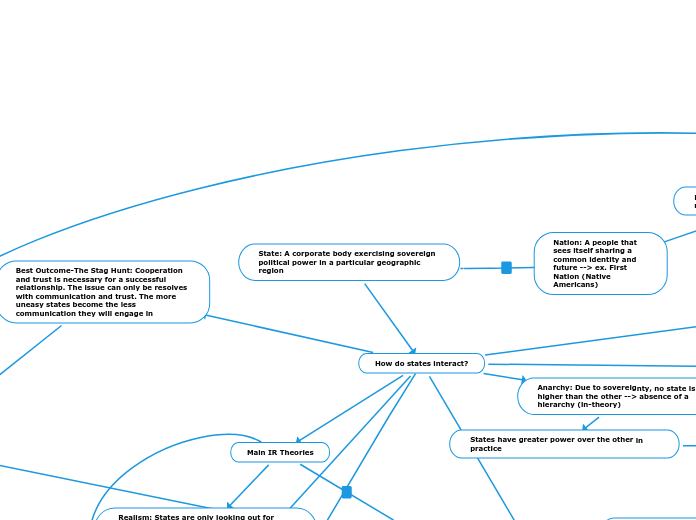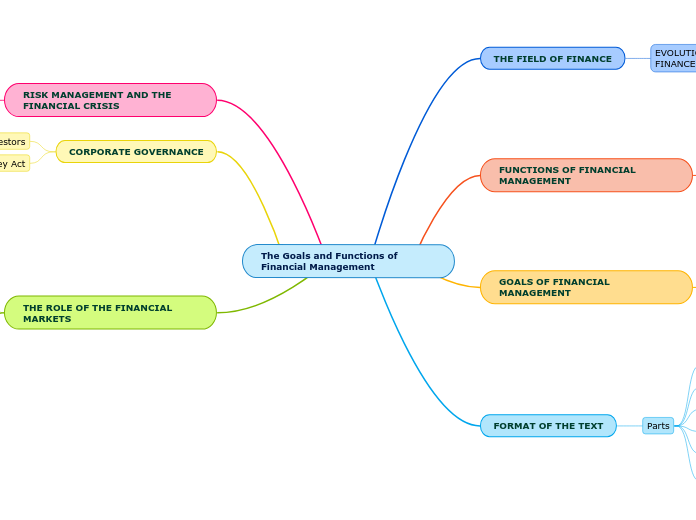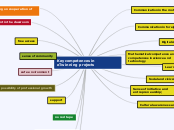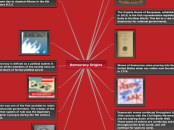Nationalism: Ties to or pride in a state that can create a sense of unity or cohesiveness. Too much can lead to discrimination of people of other nations
State: A corporate body exercising sovereign political power in a particular geographic region
How do states interact?
War: Just war theory --> sometimes the negative affect of war isi less bad than the consequences of not
International Humanitarian Law: Laws that give guidelines to war and prisoners of war that reduced harm
State Government: Democratic, Authoritarian, Oligarchy
National Political Economy: Communism vs. Capitalism
Dependencia Theory: Trade between the industrialized "North" and exploited "South" will create unequal trade and dependency.
Liberal Theory: capitalism will lead to peace states would produce what they can and then trade with other states. This will create interdependency and will lead to peace
Marxist-Leninism: Capitalism will lead to overproduction then to imperialism which will lead to war
National Identity: Ethnicity and religion --> civilizations (Western, Confucian, Japanese, Islamic, Hindu, Slavic-Orthodox, Latin American and African
Macro level clashed: states that come from different civilizations compete for control as well as promoting their political and religious values
Micro level clashes: fighting on an individual level
Hegemonic Stability Theory: This theory means that the most powerful state will "lead" the other states. The hegemon (the leader) creates the rules and norms, but the other states can challenge the hedemon.
Best Outcome-The Stag Hunt: Cooperation and trust is necessary for a successful relationship. The issue can only be resolves with communication and trust. The more uneasy states become the less communication they will engage in
Cooperation
International Society --> THere are two rules societal and state international society is based in societal rules
Global Governance: They have systems of rule, level of human activity, the pursuit of goals, and transnational repercussions this can happen through institutions
International Organizations: Interantional Court of Justice and UN Security Council
International Law: Rules between states that are binding
Genocide: Killing, causing harm, giving bad condition with the intention to cause physical destruction, impose measures to prevent births, or forcibly transfer children to another group in order to destroy a national ethnic racial or religious group
Regimes: "More specialized arrangements that pertain to well-defined activities, resources, or geographical areas and often involve only some subset of the members of international society"
Main IR Theories
Feminist IR: Looking at the gendered aspect of states and their relations. Based on "masculine" interests. Shows how power is expressed through gender issues
Liberalism/Constructivism: Liberalism is more focused on cooperation and idealism. Finding solutions through international institutions. Morality is an important factor. In constructivism the idea of "anarchy isn't a give" relationships and "rules" between states are developed through interaction
Realism: States are only looking out for themselves. Morality is not a concern, because states are more focused on defense and survival
Anarchy: Due to sovereignty, no state is higher than the other --> absence of a hierarchy (in-theory)
States have greater power over the other in practice
Power: "the ability to achieve a desired outcome in a situation of conflicting aims"
Coercion: This is an indirect display of power based on threats and implied consequences This power relies heavily on reputation. If other states don't believe in the gravity of the threats, then coercion does not work
Compel: Convince you to do something you are not already doing
Deterrence: Convince you not to do something you are already not doing
Punitive Power: actualized power such as military or economic resources
Nation: A people that sees itself sharing a common identity and future --> ex. First Nation (Native Americans)
Nations do NOT depend on a state. They do not need to have a geographical location









